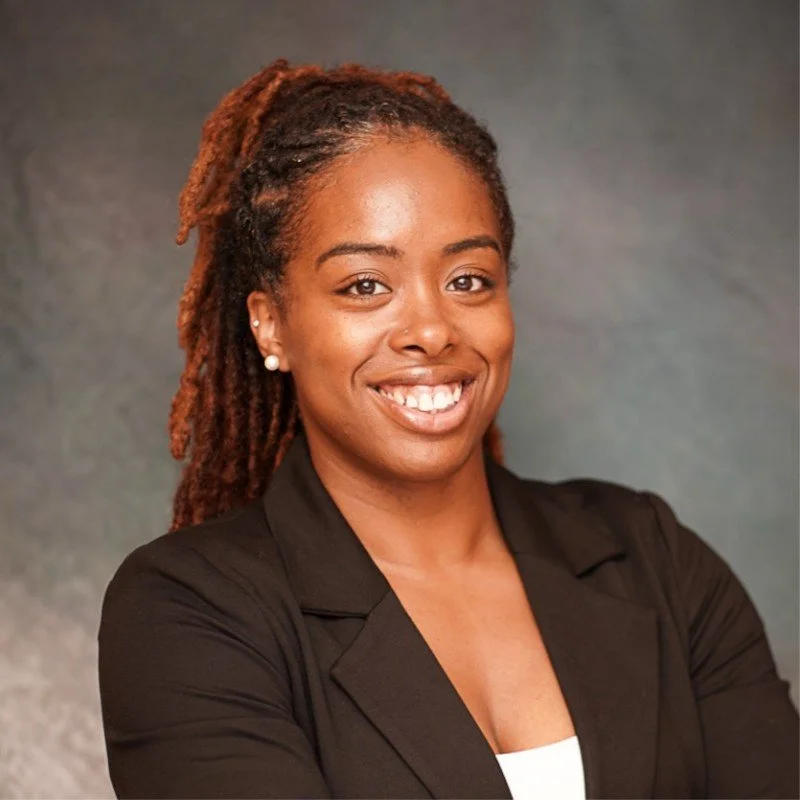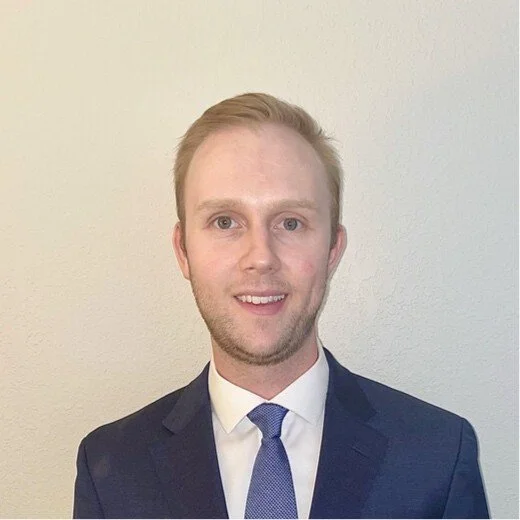Study Overview
-
The RHYTHM-BP study is recruiting 864 Black adults with high blood pressure that is not well controlled at three sites in the United States to compare the effectiveness of two high blood pressure management interventions.
Enhanced Usual Care- Usual care from your doctor, plus a home blood pressure monitor and hypertension education materials
Remote Hypertension Tracking Help and Management (RHYTHM)- Usual care from your doctor, a home blood pressure monitor, hypertension education materials, plus telephone-based medication management from a clinical pharmacist and health education and resource support from a community health worker (CHW).
-
Enhanced Usual Care
With this approach you will continue your regular visits with your doctor. In addition, you will receive:
A blood pressure cuff to monitor your blood pressure at home.
Education on how to take and monitor your blood pressure at home.
Education materials with lifestyle tips to help you manage your blood pressure.RHYTHM:
RHYTHM
With this approach you will continue your regular visits with your doctor. In addition, you will receive:
A blood pressure cuff to monitor your blood pressure at home.
Education on how to take and monitor your blood pressure at home.
Education materials with lifestyle tips to help you manage your blood pressure.
Care provided by a clinical pharmacist who will work with your doctor to help you manage your blood pressure treatment.
Support from a community health worker to help you meet your blood pressure goals and make referrals to community resources as needed.
Regular check-ins and access to the clinical pharmacist and community health worker by phone, e-mail or patient portal.
-
This study is a pragmatic randomized controlled trial. This means that the study is designed to work well with the care you usually receive from your doctor. The study team will assign patients to one of the two groups (enhanced usual care or remote monitoring) by chance (like flipping a coin). We are working with patients, doctors, health system leaders and other partners to carry out this study.
-
Our study has three main goals:
To test if our remote monitoring program (RHYTHM) leads to better blood pressure control than enhanced usual care.
To test if there are differences in health care use (doctors' visits and hospital visits) and how well patients are able to manage their blood pressure in the RHYTHM program compared to enhanced usual care.
To identify factors that help patients and health systems participate in the RHYTHM program.
Steering Committee
-

Yhenneko Taylor, PhD
Principal Investigator; Co-Director, Center for Health System Sciences, Atrium Health
-

Kathryn Callahan, MD, MS
Co-Principal Investigator; Professor of Gerontology and Geriatric Medicine, Wake Forest University School of Medicine
-
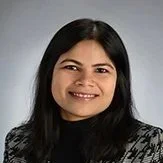
Aditi Gupta, MD, MS
Co-Principal Investigator; Professor and Director of Clinical Trials, Division of Nephrology and Hypertension, University of Kansas Medical Center
-

Branden Comfort, MD, MPH, FACP
Co-Investigator; Ambulatory Section Leader, Division of General and Hospital Medicine, University of Kansas Medical Center
-

William Downey, MD, MS
Co-Investigator; Interventional Cardiologist, Atrium Health Sanger Heart & Vascular Institute
-

Tara Eaton, PhD
Co-Investigator; Assistant Director, Center for Health System Sciences, Atrium Health
-

Capri Foy, PhD
Co-Investigator; Assistant Professor of Social Sciences and Health Policy, Wake Forest School of Medicine
-

Andy McWilliams, MD, MPH
Co-Investigator; Medical Director Analytics, Atrium Health
-

Yashashwi Pokharel, MD
Co-Investigator; Preventative Cardiology, Atrium Health Wake Forest Baptist
-

Beverly Snively, PhD
Co-Investigator; Professor, Department of Biostatistics and Data Science, Division of Public Health Sciences, Wake Forest University School of Medicine
-
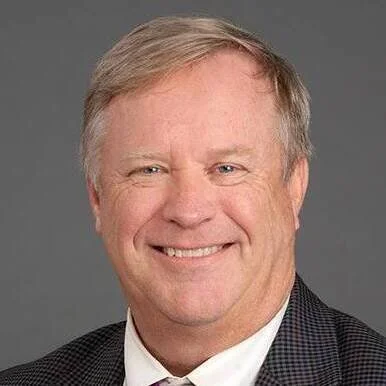
Jeff Williamson, MD
Co-Investigator; Chief, Section on Gerontology and Geriatric Medicine, Wake Forest School of Medicine
-

Kevin High, MD, MS, MACP, FIDSA
Vice Chief Academic Officer of the Academic Learning Health System (aLHS), Advocate Health
-
Cherelle Rozie, MPH, CHES
Director of Social Health, Southeast Region, Advocate Health
-
Nolan Schmitz, PharmD, BCPS
Ambulatory Pharmacy Clinical Coordinator, University of Kansas Medical Center
-

Nick Wilkins, PharmD
Assistant Vice President of Pharmacy Population Health & Medication Management, Atrium Health
Stakeholder Advisory Board
-
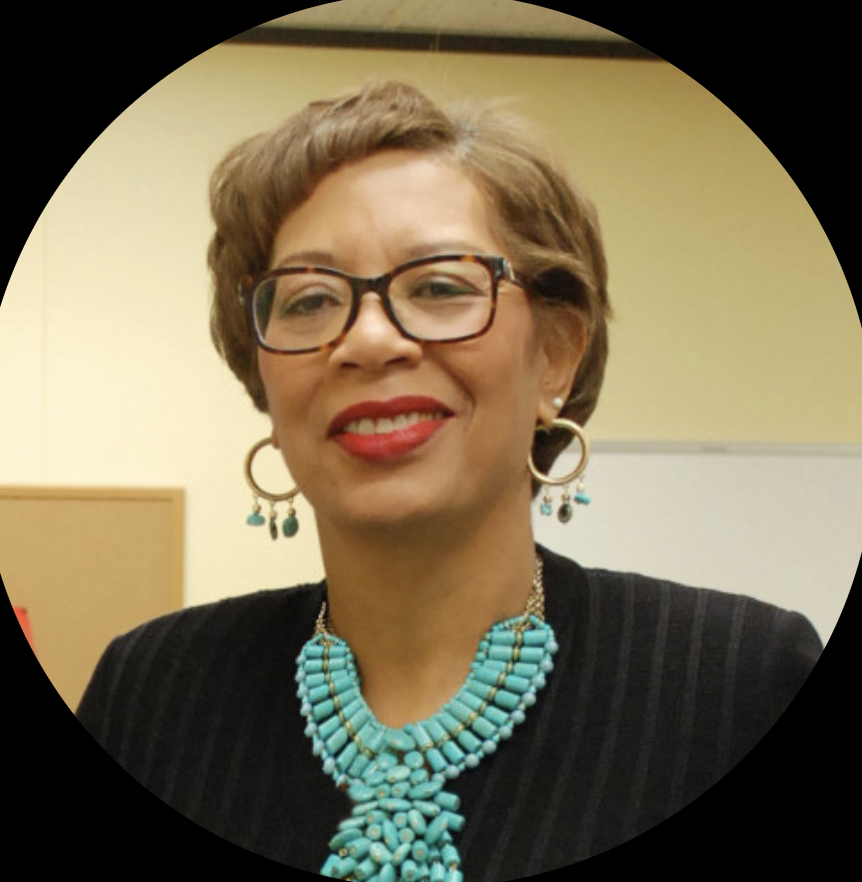
Cheryl Emanuel
Co-Chair
Global 330 Health Equity -

Jerica Robinson, MPH
Co-Chair
Council on Black Health -

Korri Anderson
University of Kansas Medical Center
-

Rev. George C Banks
Atrium Health Wake Forest Baptist
-
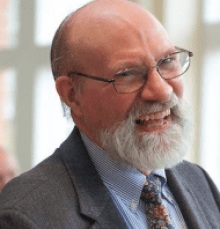
William P. Brandon, PhD, MPH
Medicaid Consultant
-

Rev. Tony Carter
University of Kansas Medical Center
-

April Joy Damian, PhD
Weitzman Institute
-

Lindsay Deneault, MBA
Partnership, Innov & Comm., Atrium Health
-
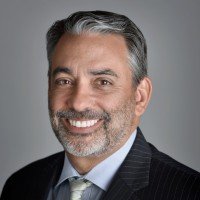
John Schooley, MBA, MHA
Quality Division, Atrium Health
-

Min. Mamie Floyd
Greater Salem AME Church
-

Tanya Goggins
Atrium Health
-

Cynthia Graham
Atrium Health
-

Rev. Sam Hickerson
Atrium Health Wake Forest Baptist
-

Jennifer Houlihan, MHA
Value-Based Care & Population Health, Atrium Health Wake Forest Baptist
-
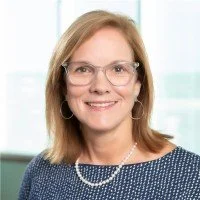
Karen Johnson, PhD
American Association of Family Physicians
-
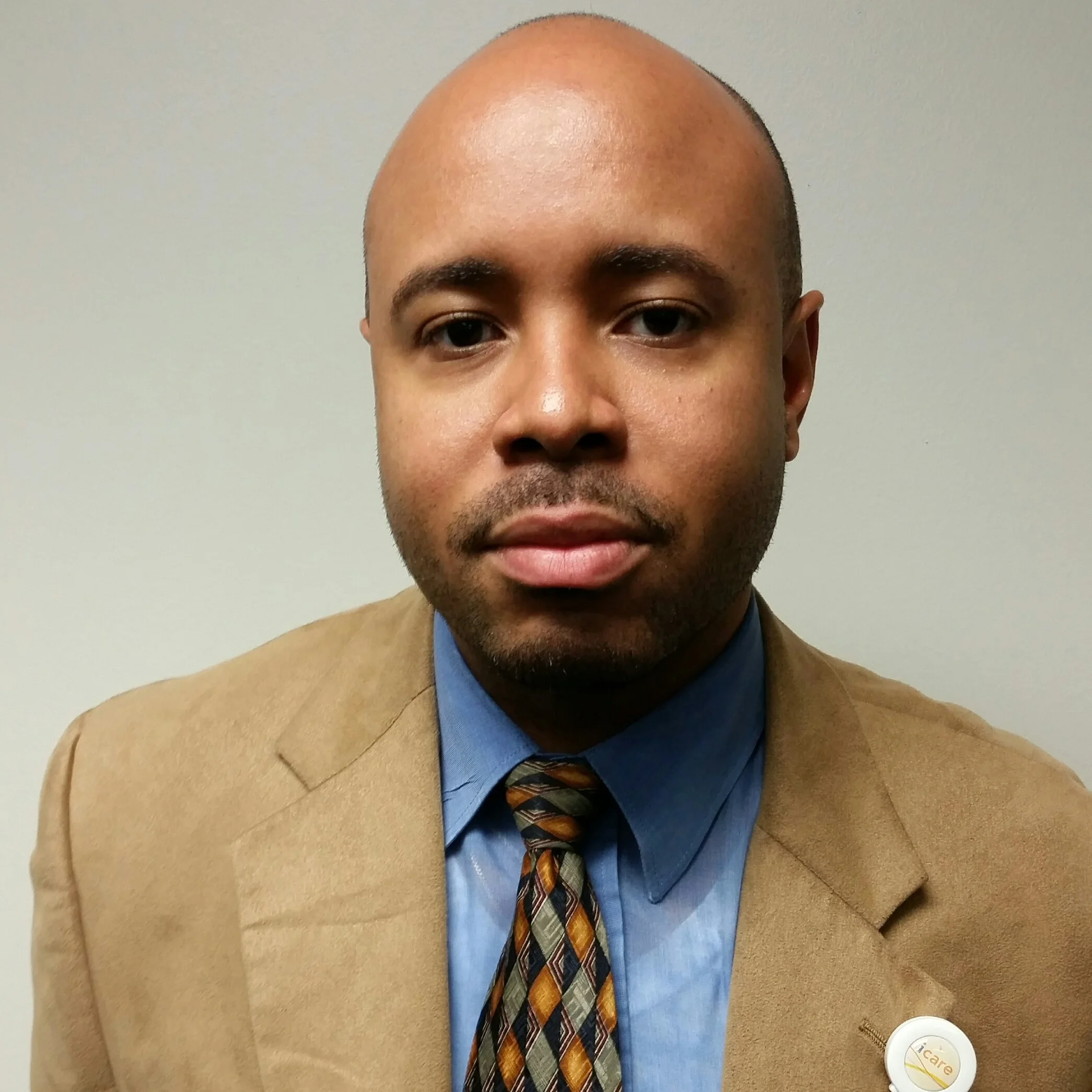
Jeremy Moseley, MPH
Faith Health
-

Rebecca Opole, MD
Internal Medicine, University of Kansas Medical Center
-
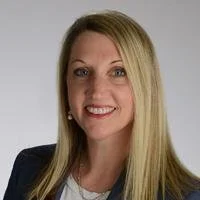
Micholee Polsak, DO
General & Hospital Medicine, University of Kansas Medical Center
-

James Reynolds, MBA
Sanger Heart & Vascular Institute, Atrium Health
-
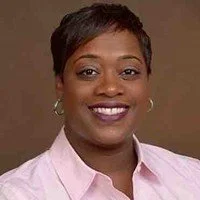
Tashra Thomas, DNP, APRN, ANP-BC
Transplant Nephrology, University of Kansas Medical Center
-

Melicia Whitt-Glover, PhD
Council on Black Health

